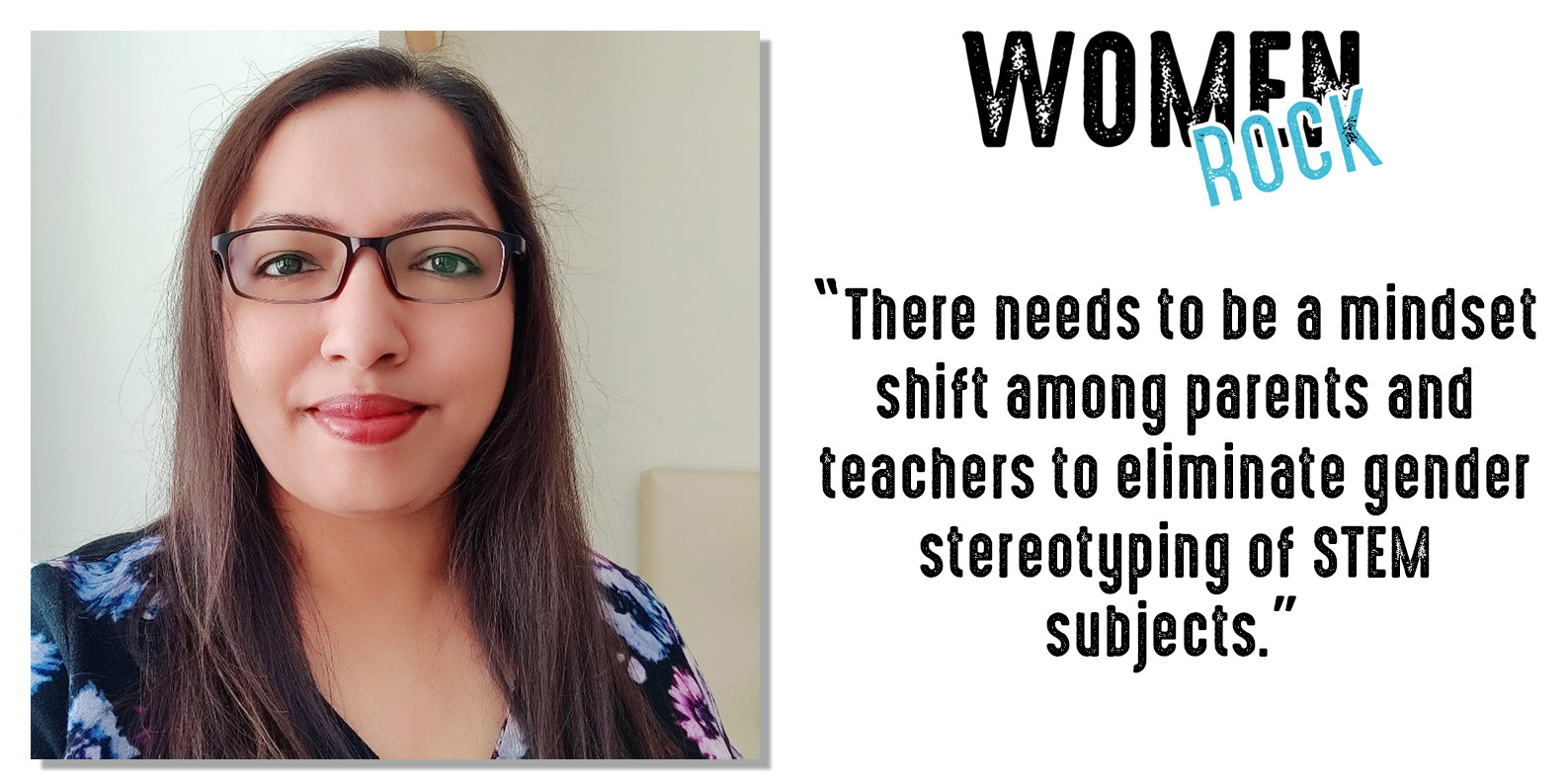
Tanmaya Kulkarni | Henry Schein One
Last Friday it was ‘International Women in Engineering Day’ and we celebrated all the amazing female engineers within the Women Rock community. So, this week’s guest on the blog: Software Engineering Manager Tanmaya is extremely fitting, and we are thrilled to have her join our growing network.
Tanmaya always knew she wanted to be in computer engineering and strongly believes the support and encouragement from her family and colleagues has played dividends in her successes within the industry – did we mention she was listed as a finalist for the “Women in IT” award for her outstanding contributions to leading a team and delivering tangible business returns in 2023?
Now being a parent herself to twins – one boy and one girl, Tanmaya uses her own experiences to make sure she fosters an environment that promotes equality – there are no ‘pink and blue jobs’ in the Kulkarni household!
FROM BEING PLACED INTO INFOSYS DURING YOUR STUDIES IN THE EARLY 2000S, TO BECOMING A TOP 50 SOFTWARE ENGINEERING LEADER 2023 & WORKING WITH RENOWNED COMPANY XERO, HOW HAS YOUR JOURNEY BEEN INTO TECH & BEYOND?
I grew up in Pune, a famous city in India, and from a young age, I was interested in technology and fascinated by how computers worked. As I grew older, I knew that I wanted to pursue a career in computer engineering.
I am proud to be the first girl in my family to pursue engineering, and I received exceptional support from my parents, who encouraged me to pursue my dreams and provided me with the resources I needed to succeed. I also credit my husband, who is a Software programme manager, for being a constant source of support and inspiration throughout my journey.
During my studies in computer engineering, I spent long hours in the computer lab, writing code and debugging programs. I also took part in extracurricular activities such as coding competitions and hackathons to hone my skills and gain experience.
After graduation, I worked with multinational tech companies in India such as Infosys and Persistent for a few years. During this time, I learned a lot, working on various projects and collaborating with a team of developers.
In 2008, I moved to the UK to join my husband, who was posted there on a deputation. Soon after, I landed a job at EADS Astrium, now known as Airbus Defence and Space. I was excited about the opportunity to work in the space industry in a new country and learn from world-class colleagues. I quickly proved myself to be a talented developer, writing clean, efficient code and delivering projects on time.
Over the years, I changed companies and continued to advance my career in the UK, taking on engineering leadership roles managing teams of developers and ensuring that projects were completed to a high standard. I found this role challenging but rewarding, as I enjoyed mentoring and coaching my team members and helping them grow their skills.
I became known for my technical expertise, leadership skills, and ability to deliver high-quality projects. In 2021, I joined Xero, a leading SaaS provider for accounting and bookkeeping software, where I lead a cross-functional team of engineers, designers, and product managers. In 2023, I was listed as a finalist for the “Women in IT” award for my outstanding contributions to leading a team and delivering tangible business returns. In the same year, I was also listed as one of the “top 50 software engineering leaders to watch.”
Looking back on my journey, I am proud of what I have accomplished. I credit my success to my hard work, determination, and passion for technology. I also recognize the importance of having a supportive family and colleagues who have helped me along the way. I am excited about the future of women in technology and look forward to continuing to make an impact in the field of software engineering.
WITH 11-YEAR-OLD TWINS (A BOY AND A GIRL) AT HOME, YOU HAVE WITNESSED FIRST-HAND HOW CHILDREN ARE EXPOSED TO GENDER STEREOTYPES FROM DAY 1. CAN YOU TELL US ABOUT THE WAYS IN WHICH YOU PROMOTE EQUALITY AT HOME?
My husband and I are both work in software engineering and we both share the household chores equally. Growing up in such a family setup reflects in children’s behaviour naturally. We do not have the pink vs blue in our household – since a very young age, both have been encouraged to equally play with dolls and construction toys. We are selective when it comes to which books to read and shows to watch. In the holidays, the twins are given small chores to do at home to foster the environment that promotes equality.
WHAT HAVE YOUR KIDS TAUGHT YOU ABOUT THE IMPORTANCE OF EMBRACING DIFFERENCE (WHEN IT COMES TO DIFFERENT APPROACHES ETC.)?
The dynamic between my twins never ceases to amaze me, as their unique ways of thinking complement each other beautifully. To illustrate this, both of them are currently learning the programming language Python. My son takes a systematic and methodical approach to his assignments, ensuring that the program is robust and comprehensive. Meanwhile, my daughter adds a touch of usability to her projects, incorporating a user-friendly interface along with solving the core problem at hand. Witnessing their distinct approaches to the same task is a constant source of wonder, and I often imagine the incredible projects they’ll create together in the future. Moreover, I’m grateful for the alternative perspective my daughter brings to programming, and I can’t imagine what I would have missed if I had discouraged her from pursuing this field.
IS THERE ANYTHING THAT YOU DO, AS A HIRING MANAGER/INTERVIEW PANELLIST, TO PROMOTE DIVERSITY WITHIN YOUR TEAMS?
Making the hiring process inclusive and fair to all applicants regardless of their background is the key to hiring diverse talent. As a hiring manager, I ensure that wordings in job postings are inclusive and welcoming to diverse candidates. Additionally, I take steps to train the interview panel to recognize and eliminate unconscious biases during interviews. Wherever possible, I like to include at least one of the underrepresented groups, such as women, people of colour, and people with disabilities on the interview panel.
During interviews, I emphasise the values and culture of our team. This approach has proven to be effective in attracting a diverse pool of candidates.
HAVING MOVED TO THE UK FROM INDIA, YOU TALK ABOUT THE DIFFERENCES BETWEEN THE TWO CULTURES, AND HOW INDIA REMAINS MORE PROGRESSIVE THAN THE UK WITH REGARD TO DIVERSITY RATIOS. IS THERE ANYTHING WE CAN LEARN FROM THE INDIAN CULTURE, TO FOLLOW IN THEIR FOOTSTEPS?
To better comprehend why India has a greater proportion of women in STEM than the UK, it is essential to analyse the contrasting approaches to recruiting women in IT and the cultural perspectives surrounding the technology industry in both countries.
In India, fresh graduates from a range of STEM disciplines, including technology, are recruited by companies directly from universities. The recruitment process, including exams and interviews, takes place on campus, and successful candidates receive on-the-job training before working on live projects. Conversely, in the UK, I see students are more likely to attend job fairs and often need to gain additional training or experience before joining firms that are difficult to access.
Apart from recruitment strategies, the cultural environment in India is more welcoming to women in the technology industry than in the UK. In the UK, stereotypes about the types of individuals who typically fill technology roles can discourage girls from considering technology careers at a young age. In India, women are regarded as an indispensable part of the technology industry, and many pursue technology careers due to their passion for the field. Women in India are exposed to media such as adverts, brochures, and public billboards featuring other women in the technology industry, which serve as role models.
In the UK, the lack of role models in the technology industry is a significant problem that even young women have voiced concern about. Furthermore, there needs to be a mindset shift among parents and teachers to eliminate gender stereotyping of STEM subjects.
WHAT DO YOU LIKE TO GET UP TO OUTSIDE OF WORK?
When I’m not working, I spend a lot of time driving my twins to their various activities. In my free time, I enjoy exploring my creative side through arts and crafts such as quilling and acrylic painting. Additionally, I have a passion for cooking and love trying out new recipes to satisfy my inner foodie.
IS THERE A MANTRA THAT YOU LIVE BY?
I would like to mention two quotes that really resonate.
“The only way to do great work is to love what you do.” – Steve Jobs
The quote highlights the importance of finding work that you’re passionate about, as this can be a key driver for achieving greatness in your field
“If you want to go fast, go alone. If you want to go far, go together.” – African proverb
It reminds me that working together can lead to more significant achievements that can have a greater impact – while working alone might be faster but may not necessarily lead to long-term success.
Thanks, Tanmaya you rock 🤘
Interview by Izzy Morgan-Davis






